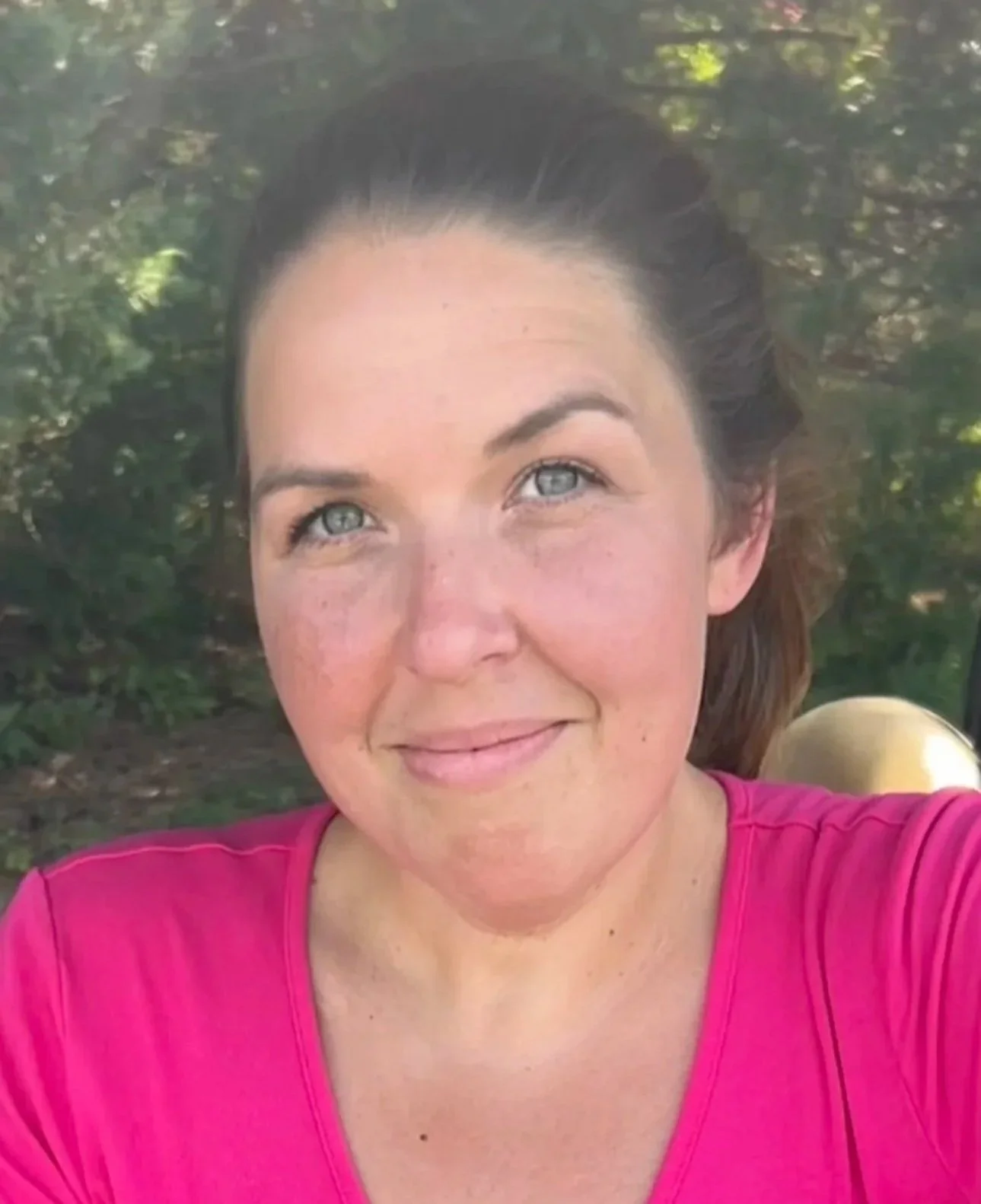Meet our newest Medical Trauma Support Peer
Welcoming Heather, Our New Medical Trauma Support Peer™
At Medical Trauma Support, we believe healing happens in connection — through safe, supportive relationships where we feel seen, heard, and understood.
That’s why we’re so grateful to welcome Heather, our newest Medical Trauma Support Peer.
Heather brings both lived experience and heartfelt dedication to her role. Having spent almost ten years on her own healing journey — a journey that continues today — she is passionate about helping others find strength, understanding, and empowerment throughout their recovery process.
While she started her healing without a large support system of her own, Heather learned to build her own village of care and connection, an experience that deepened her appreciation for the power of peer support and the vital role it plays in healing.
What Is a Medical Trauma Support Peer?
A Medical Trauma Support Peer is someone who walks alongside individuals and families as they navigate the aftermath of medical trauma and prepare for upcoming medical experiences. Peers offer compassionate, trauma-informed support rooted in shared understanding — not clinical treatment, but a relational human-focused approach to recovery.
All of our Medical Trauma Support Peers are trained directly through Medical Trauma Support, receiving education and guidance in:
Compassionate peer support — presence, active listening, and validation
Ethical peer practice and boundaries — fostering trust and professionalism
Polyvagal theory and the nervous system — understanding how safety and connection shape healing
Somatic regulation practices — gentle body-based tools to support grounding and calm
Trauma stewardship and self-care — sustaining nervous system health as a helper
Our training ensures that each Medical Trauma Support Peer brings not only empathy and wisdom, but also a polyvagal-informed, somatic foundation for recovery support.
About Heather
Heather is a Medical Trauma Support Peer who combines lived experience with compassionate, trauma-informed care. Her own recovery journey — nearly a decade and ongoing — taught her the transformative power of being seen and supported by someone who truly understands.
Today, Heather offers one-on-one peer sessions for individuals and parents recovering from medical trauma. Her approach is gentle and compassionate, focusing on listening to what you are going through, validating your experience, sharing nervous system tools, and practical steps for navigating appointments or procedures with more confidence and calm.
Heather’s presence is warm, steady, and grounded. She believes healing doesn’t happen in isolation — it happens in connection, one compassionate conversation at a time.
Becoming a Medical Trauma Support Peer
We’re excited to announce that the Medical Trauma Support Peer Training Program is coming soon — a comprehensive, trauma-informed training designed to prepare others to offer compassionate, polyvagal-informed peer support.
This program is ideal for people with lived experience of medical or dental trauma who feel called to support others on their healing journey.
Through this training, participants will:
Learn the foundations of polyvagal theory and nervous system regulation
Explore somatic tools that restore safety in the body
Develop skills in compassionate listening, co-regulation, and boundary setting
Receive guidance on peer ethics, trauma stewardship, and self-nourishment
Join our waitlist to be the first to know when enrollment opens:
Join the Training Waitlist
Work with Heather
If you’d like to connect with Heather for one-on-one support, you can learn more about her approach and schedule a session here:
Meet Heather
A Closing Reflection
Healing from medical trauma takes courage — and it’s not meant to be done alone.
Through the compassionate presence of peers like Heather, we’re reminded that recovery becomes possible when we feel supported, understood, and safe in our own bodies.
We’re honored to welcome Heather to the team and look forward to training others who feel called to become Medical Trauma Support Peers in the months ahead.

